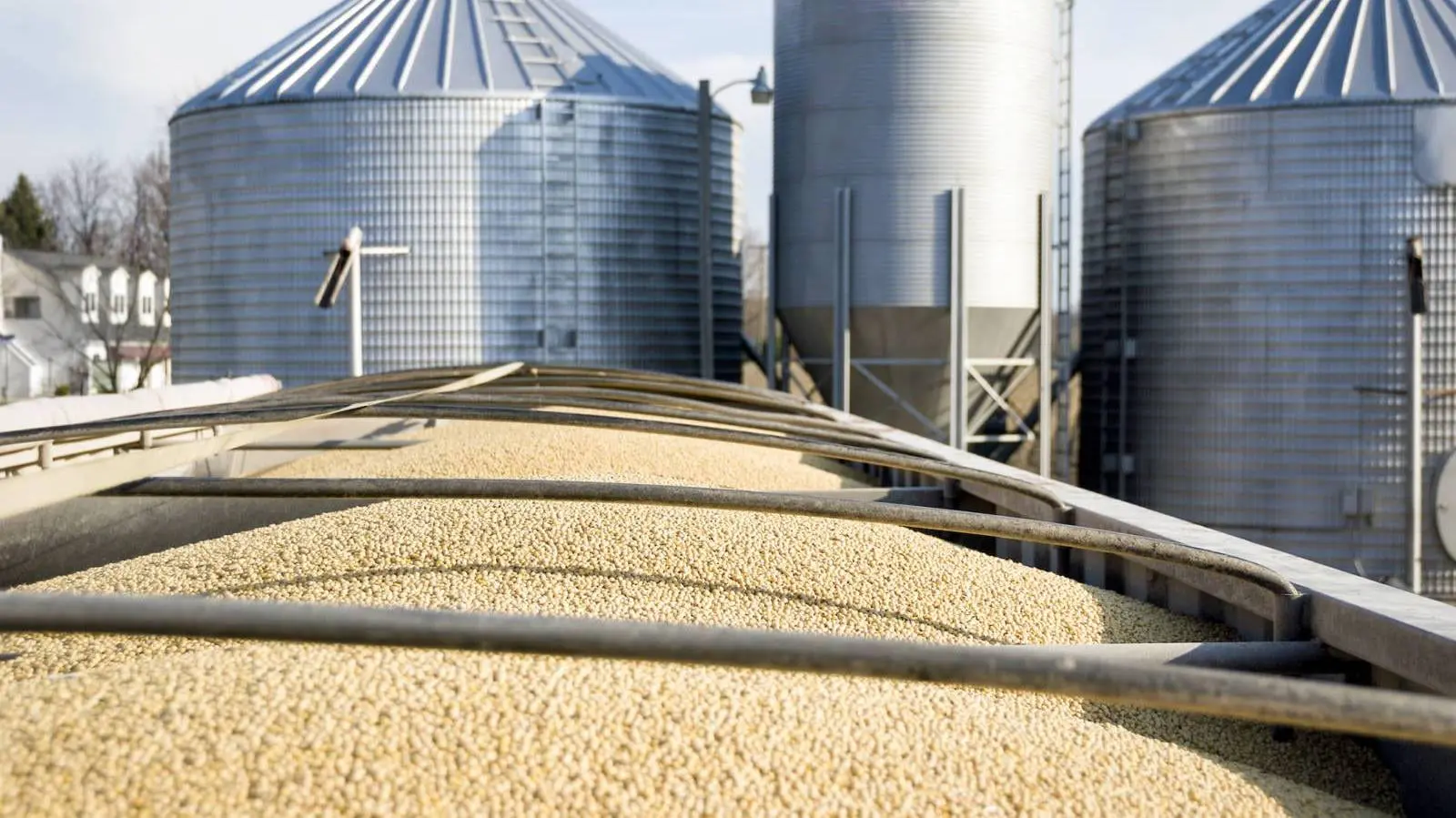Illinois farmers are fortunate to have six options at harvest. The farmers can deliver directly to a soybean crushing facility, shuttle elevator, river elevator, container yard, country elevator, or a farm elevator. Additionally, Illinois farmers have access to three major rivers that led to the Center Gulf and a few domestic soybean crushing plants. Furthermore, the Illinois shuttle elevators deliver soybeans and soybean meal to East Coast and West Coast export elevators in addition to major domestic consumption areas. The population centers of Chicago, Illinois and St. Louis, Missouri provide the containers requires for soybean stuffing operations.
Although the Illinois farmer has many soybean marketing options, the export option to the Center Gulf is the most important because it often sets the base price. For this reason, the news that ADM and Cargill are swapping five river elevators is important to local farmers in Indiana and Illinois. All five elevators are located on the Illinois River and Ohio River. Cargill will gain three river elevators on the Illinois River located in Beardstown, Illinois (700 thousand bushels), Naples, Illinois (285 thousand bushels) and Keithsburg, Ilinois (340 thousand bushels). In return, ADM receives two river elevators on the Ohio River located in Mount Vernon, Indiana (1.8 million bushels) and Evansville, Indiana (1.9 million bushels).
According to Reuters, “In Evansville, ADM already operates a barge-loading elevator less than a mile from the one it is buying from Cargill. The Keithsburg elevator that Cargill is buying is less than 10 miles (16 km) from another facility it owns in New Boston, Illinois.” The river elevator price reflects the Center Gulf price, plus barge costs plus profit margin. With the loss of competition, the river elevator price will increase to reflect the additional distance the farmer will have to travel to deliver the soybeans to a competitor. For example, if the next competitor is now an additional 20 miles and the semi tractor-trailer fuel mileage is 10 miles per gallon, assuming diesel costs $4.50 per gallon and 833 bushels carrying capacity, the farmer will lose a penny on every bushel produced.
The river elevator swap illustrates the importance of the U.S. Soybean Export Council (USSEC) and other farm organizations continuing to develop new markets and marketing chains. As the market chain participants are taking steps to maximize profits, so should the farmers. In a low margin, high volume business, every penny is important.
